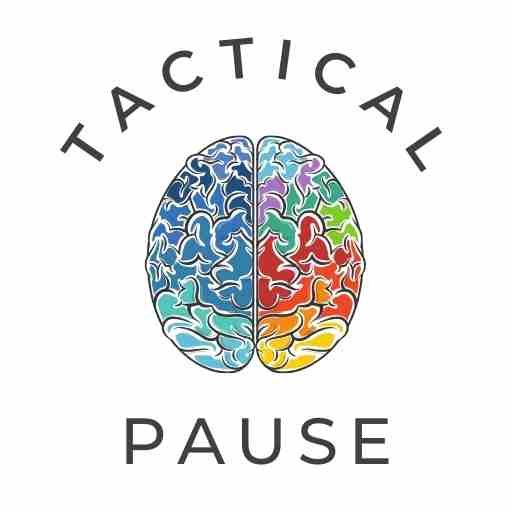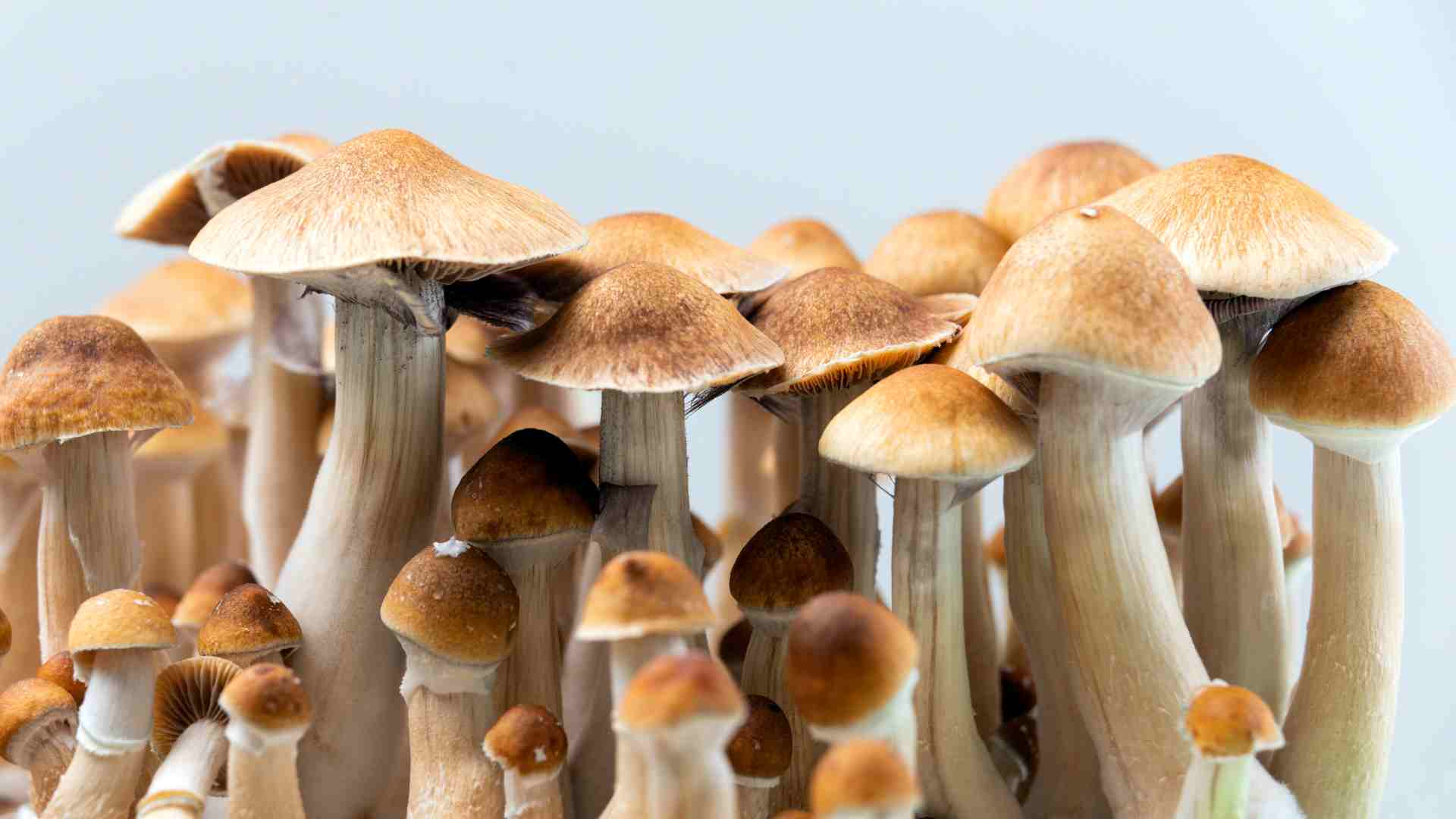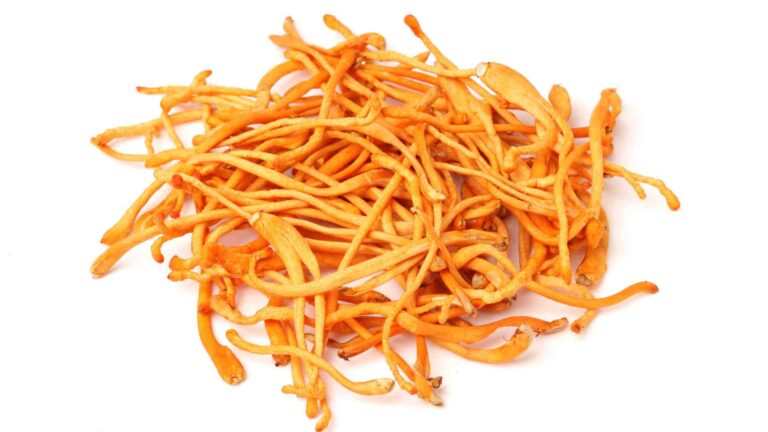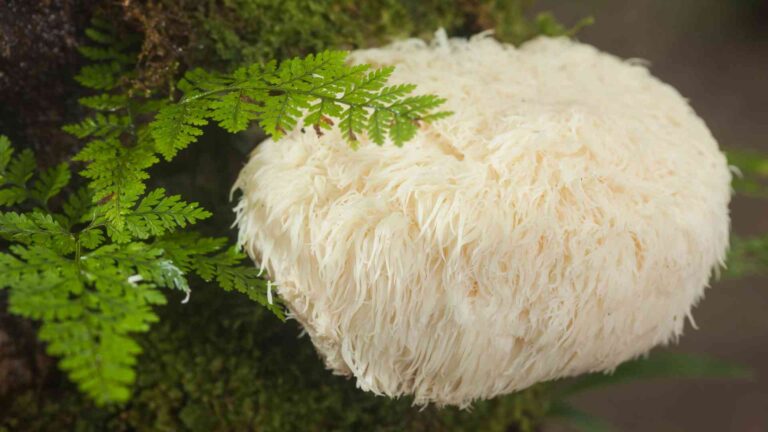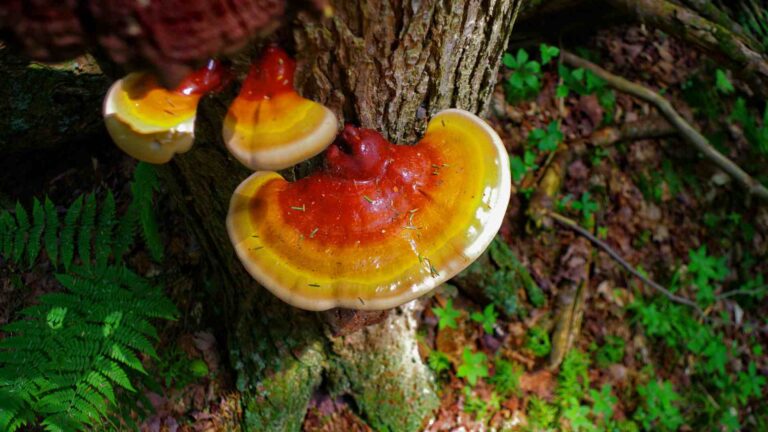Disclaimer: Please note that the information provided about psilocybin and its potential benefits is for research and informational purposes only. It is not intended to promote the use of illegal drugs or substances. It is important to consult with a healthcare professional before making any changes to your treatment plan or exploring alternative therapies.
Psilocybin Mushrooms
Psilocybin mushrooms, also known as “magic mushrooms,” have been used for centuries for their therapeutic and spiritual properties. Recent scientific research has uncovered new potential benefits of psilocybin mushrooms, specifically for the human brain.

Brain Health Benefits of Psilocybin Mushrooms:
Increases in Neuroplasticity
Studies have shown that psilocybin can increase neuroplasticity, which is the brain’s ability to adapt and form new neural connections. This is a critical function of the brain that helps us learn, remember, and adapt to new situations. The increased neuroplasticity from psilocybin may also help repair damage from neurological disorders such as Alzheimer’s and Parkinson’s disease.
Reduces Anxiety and Depression
Psilocybin mushrooms have been shown to reduce symptoms of anxiety and depression in clinical trials. This is likely due to their ability to increase serotonin levels in the brain, which can improve mood and reduce stress levels.
Increases Creativity and Openness
Studies have found that psilocybin can increase creativity and openness in individuals. This is likely due to its ability to increase activity in areas of the brain associated with creativity and cognitive flexibility. This benefit has also been seen in microdosing studies, where individuals report increased creativity and productivity.
Increases Brain Blood Flow
Research has shown that psilocybin can increase blood flow to the brain. This increased blood flow may improve brain function and could be beneficial for those with conditions that affect blood flow to the brain, such as stroke or dementia.
Improves Emotional Processing
Studies have found that psilocybin can improve emotional processing and increase emotional resilience. This benefit may be due to its ability to reduce activity in the amygdala, a part of the brain responsible for processing emotional responses.
Microdosing Psilocybin Mushrooms:
Microdosing involves taking a small amount of psilocybin mushrooms, typically between 0.1 and 0.5 grams, to experience subtle effects without a full-blown psychedelic experience. While there is still ongoing research, anecdotal evidence suggests that microdosing may have a range of benefits, including:
Improved Mood and Productivity
Many individuals who microdose report feeling more productive, creative, and in a better mood. This is likely due to the effects of psilocybin on the brain’s serotonin levels.
Improved Focus and Attention
Some individuals report improved focus and attention after microdosing with psilocybin. This benefit may be due to its effects on the brain’s dopamine levels.
Reduced Anxiety and Depression
Microdosing may also help reduce symptoms of anxiety and depression in some individuals. This benefit may be due to the increased serotonin levels in the brain.
Ongoing Research:
Despite the promising findings, psilocybin mushrooms are still considered a Schedule I drug in the United States, making it difficult for researchers to conduct large-scale studies. However, ongoing research on the benefits of microdosing may also provide new insights into how psilocybin can be used to improve brain function and well-being. As with any substance, it is important to use psilocybin mushrooms responsibly and under the guidance of a qualified healthcare professional. Some current studies include:
Psilocybin-Assisted Therapy for Depression
A recent study found that psilocybin-assisted therapy was effective in reducing symptoms of depression in individuals. The study was conducted with a small sample size, but the results are promising for the use of psilocybin in treating depression.
Psilocybin-Assisted Therapy for Anxiety in Terminal Illness
Studies have shown that psilocybin-assisted therapy can significantly reduce anxiety, depression, and existential distress in patients with terminal illness, and can also improve their quality of life. The therapy is still in the early stages of research, but shows promising results as a potential treatment for end-of-life anxiety.
